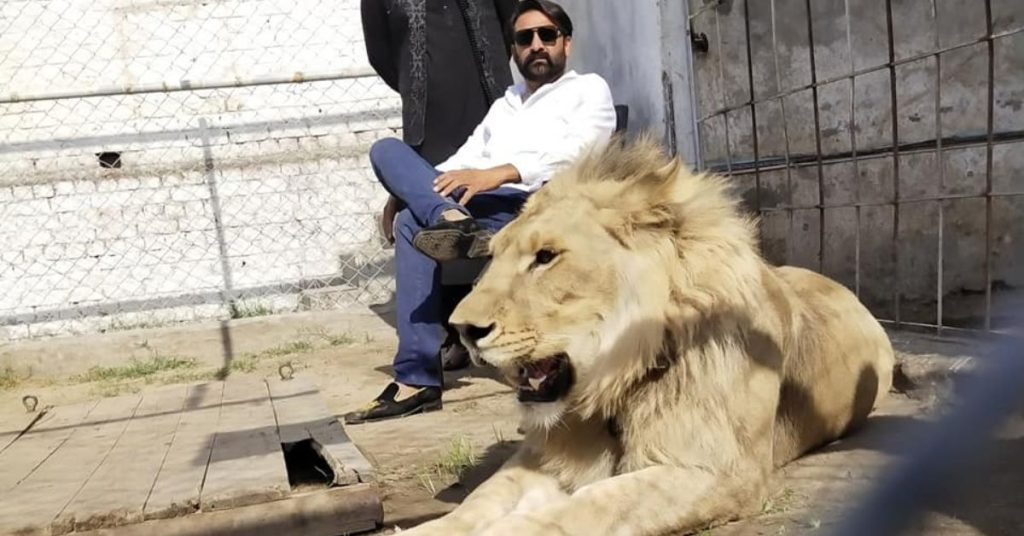
Pakistan, July 7 — In a bold move to control the private ownership of dangerous wildlife, the Punjab government has announced a complete ban on the sale of big cats and will soon begin sterilising lions, tigers, and leopards. This decision is part of a wider, phased regulatory campaign aimed at improving public safety and ensuring responsible animal care.
Chief Wildlife Ranger Mubeen Elahi revealed that this is the province’s first attempt to build a legal framework governing big cat ownership. Owners were given until May 2 to declare their animals, and so far, 180 breeding farms have registered, with 40 already verified. These facilities now have one month to upgrade their enclosures as per official guidelines.
As part of the crackdown, authorities have confiscated 18 big cats from illegal setups, filed seven FIRs, and arrested eight people. Elahi made it clear that under no circumstances will big cats be allowed in urban or residential areas. Only certified wildlife breeding farms with proper infrastructure will be permitted to house such animals under the Punjab Wildlife Act.
The four-phase strategy includes declaration, verification, a complete trade ban, and finally, sterilisation of all registered big cats. The province is also introducing a Rs. 50,000 registration fee per animal, along with mandatory annual renewals. Enclosures must meet strict space and safety standards laid out in the new SOPs.
Confiscated animals have been moved to secure facilities in Lahore, Rawalpindi, and Bahawalpur. Wildlife expert Badr Munir applauded the effort, saying the practice of keeping wild cats as pets must end. He stressed that using big cats as status symbols or for social media content poses serious risks to public safety.
According to Munir, big cats should only be kept in zoos, parks, or licensed breeding centres. He urged strict implementation of the new rules, calling them a necessary step toward better wildlife governance and protection of both people and animals across Punjab.









Leave a Reply